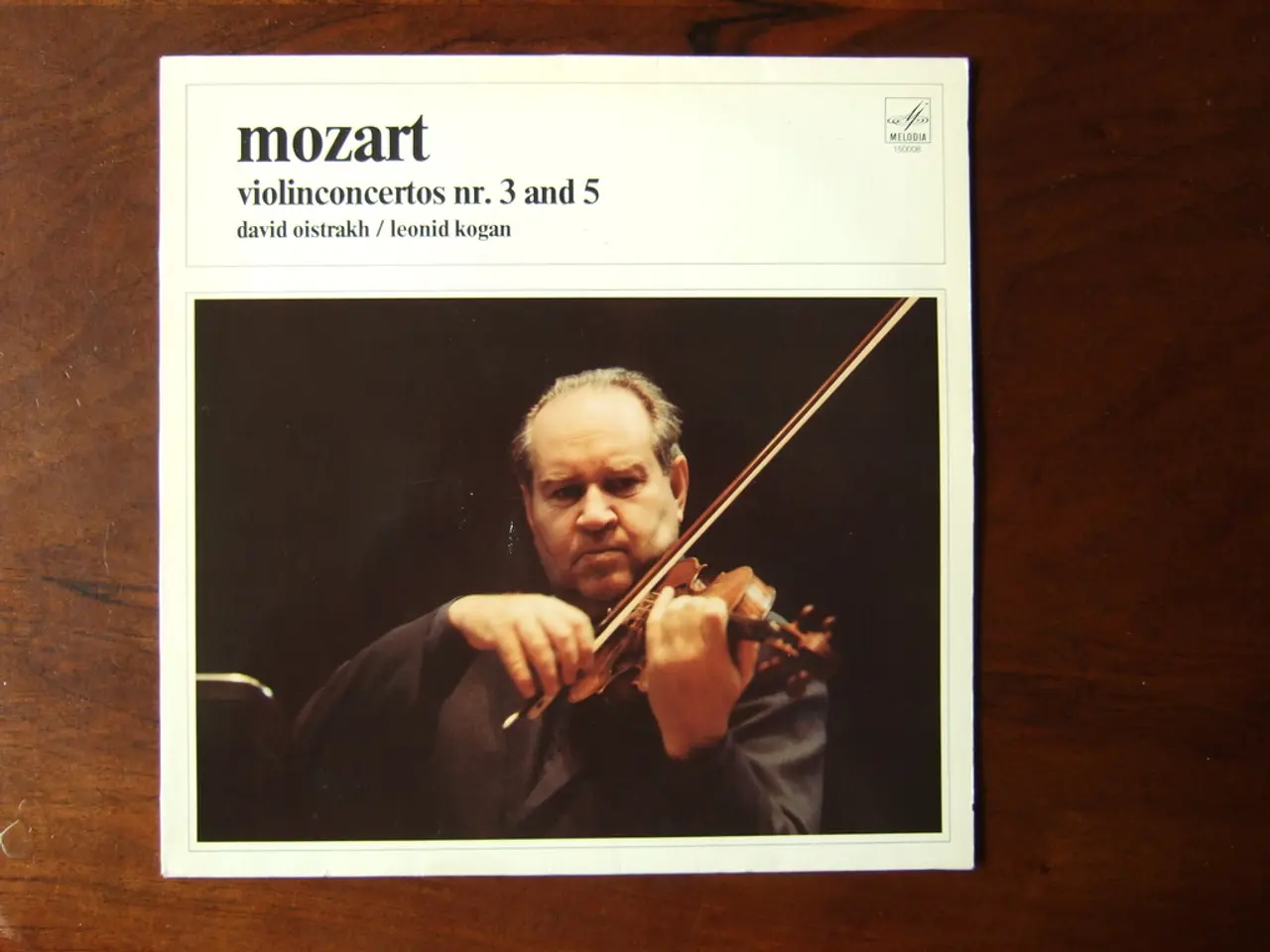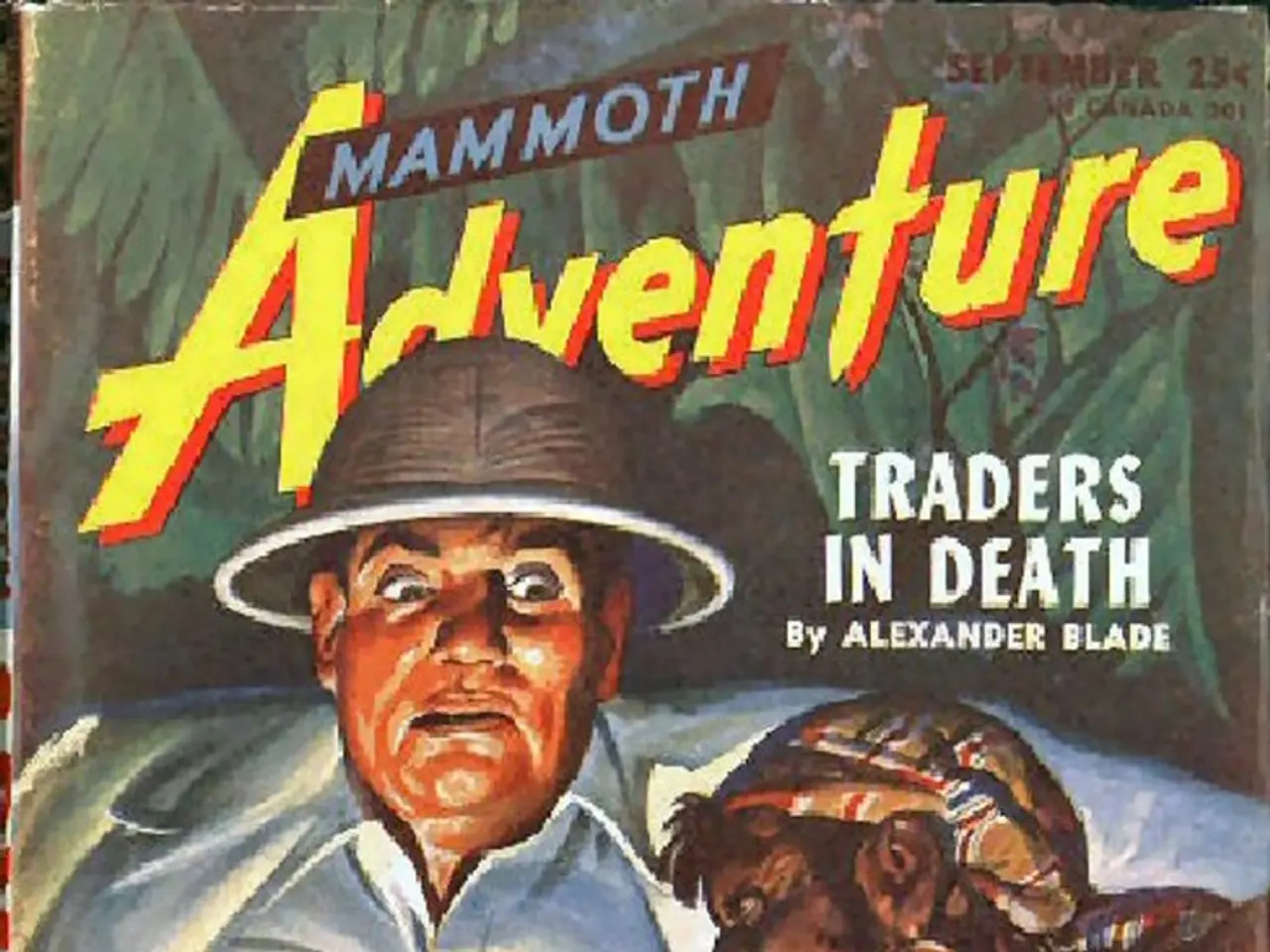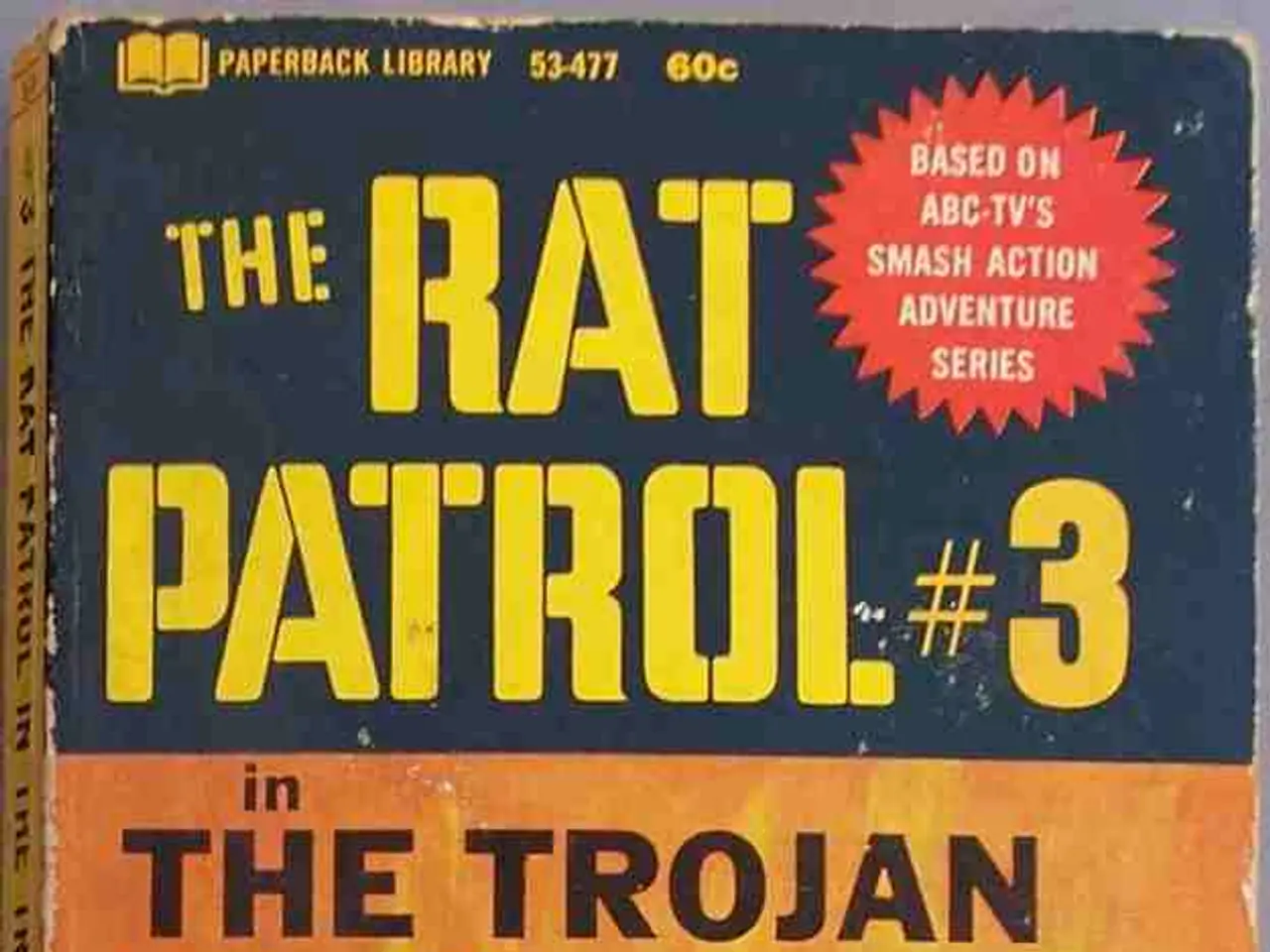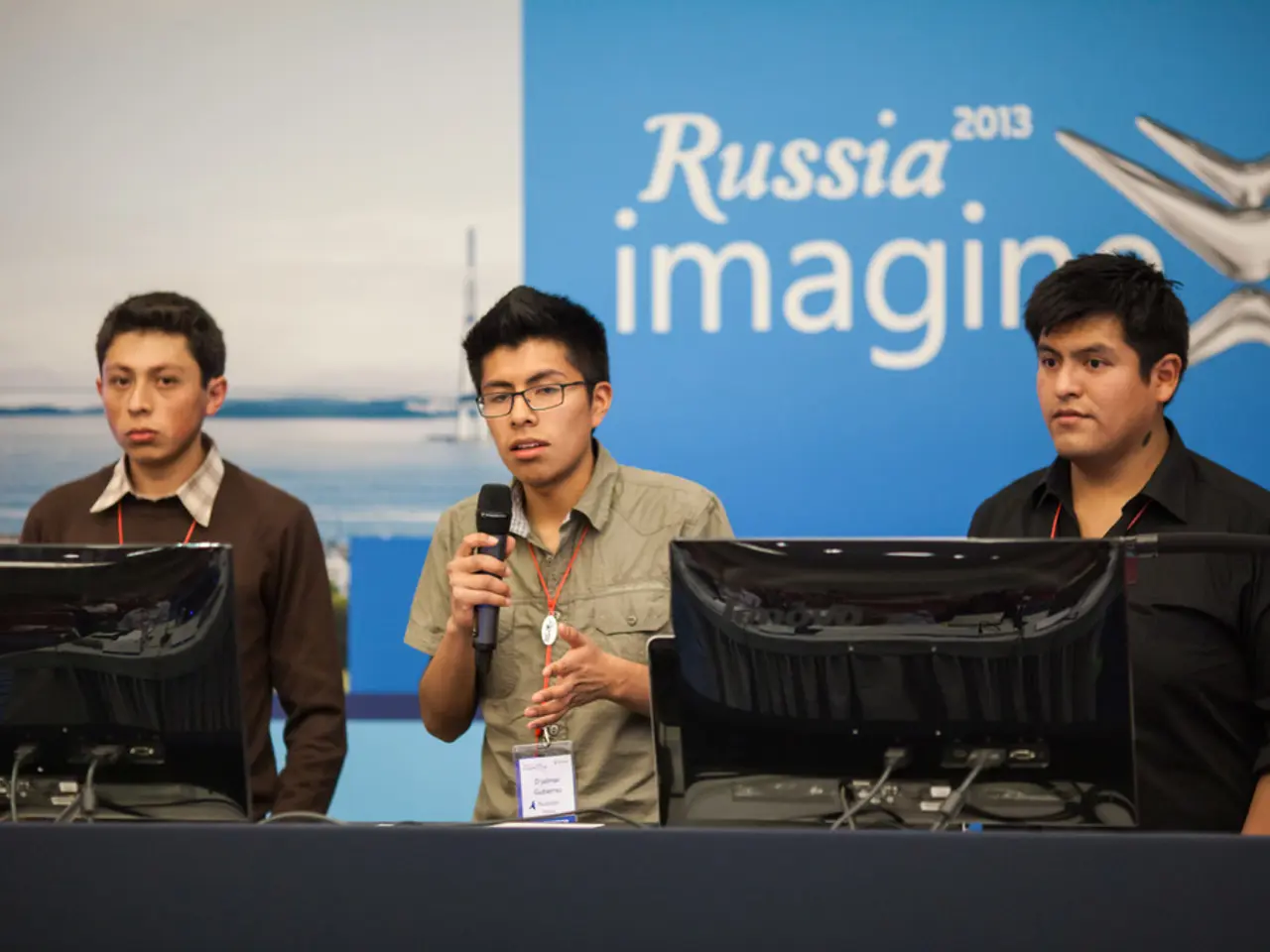Centuries-long existence
In May, the Shostakovich Festival took place in Leipzig, marking the upcoming 50th anniversary of Dmitri Shostakovich's death on August 9. The festival featured a captivating array of performances, showcasing the breadth and depth of the renowned composer's oeuvre.
One of the highlights was Daniil Trifonov's transformative rendition of Shostakovich's 2nd Piano Concerto. Trifonov's performance was a testament to his exceptional skill as a soloist, offering audiences an unforgettable experience.
The Boston Symphony Orchestra, under the direction of Andris Nelsons, combined two of Shostakovich's most iconic symphonies, the 6th and the 15th. The 6th Symphony, with its quotes from Rossini's William Tell overture, was particularly noteworthy. This enigmatic connection has intrigued many, as Shostakovich himself admitted he could not fully explain why he used the haunting motif from Rossini's opera in his symphony.
The 6th Symphony's final movement includes a gallop from "William Tell" answering a brooding, introverted first movement. This contrast between light and dark, joy and sorrow, is a theme that runs throughout Shostakovich's music, reflecting the complexities of his life and the tumultuous times in which he lived.
Or Gautier Capuçon from France performed the 1st Cello Concerto, while the late, death-near violin sonata was performed by Trifonov and Nikolaj Szeps-Znaider. The violin concerto, written in the dark years of 1947 and 1948, was a powerful and moving performance that resonated with the audience.
The Shostakovich Festival also featured a nearly encyclopedic overview of all Shostakovich's symphonies, string quartets, and piano concertos. Many chamber works of Shostakovich were performed, particularly those that play a key role in his oeuvre. Shostakovich's legacy extends beyond orchestral works, as he wrote numerous stage and ballet musics, eight operas, and the music for over forty films.
The festival also included screenings of documentaries, such as "Two. The Story Told By Shostakovitch's Wife" by Israeli director Elena Yakovich. This documentary, shown in Leipzig, offers a unique insight into Shostakovich's life through the recollections of his third wife, Irina Antonova Shostakovich. One of the most poignant moments from the documentary is her account of Shostakovich's last wish, to watch a football match on TV, on his deathbed.
Online, you can access Part 1 and Part 2 of Berthold Seliger's series on Shostakovich, providing further insights into the life and music of this remarkable composer. The recommended complete recordings of the 15 symphonies include those by Kirill Kondrashin and Andris Nelsons, offering a comprehensive listening experience for those wishing to delve deeper into Shostakovich's music.
The Shostakovich Festival in Leipzig was a fitting tribute to a composer whose music continues to captivate and inspire audiences around the world. His legacy, as demonstrated by the festival, is one of complexity, intrigue, and enduring beauty.
[1] Quote from "The New Yorker" article, "Shostakovich's Last Symphony," by Alex Ross, 2001.
- The Shostakovich Festival's selection of performances, including Daniil Trifonov's rendition of Shostakovich's 2nd Piano Concerto, immersed audiences in a rich tapestry of entertainment that showcased the composer's musical prowess.
- Beyond orchestral works, Shostakovich's legacy encompasses numerous stage and ballet musics, eight operas, and the music for over forty films, offering avenues for exploration in various genres of music entertainment.








